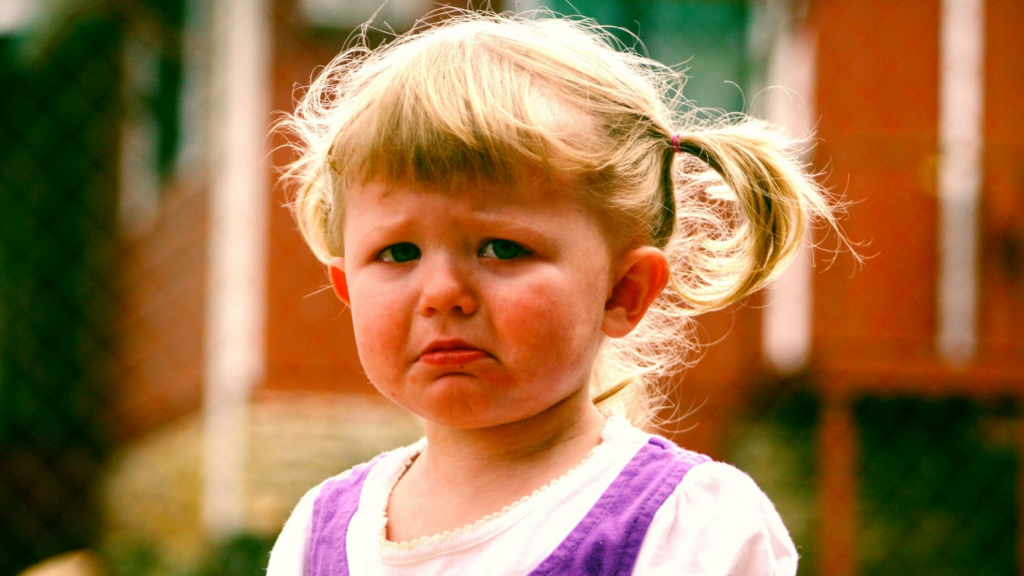The best way to protect your child from bullying
What is bullying?
According to UNICEF Australia, bullying can be characterized by the intent to cause harm, the repetition of the harmful behavior, and displaying power over others.
A child may bully to show superiority and power over other children. Their victims are usually kids who come from low-income communities, marginalized sectors, have disabilities or distinguishable physical characteristics.
How to handle a bully
You need to teach your child some basic actions that they can take if they ever encounter a bully. These include:
- Staying away from a bully
- Not aggravating the bully by fighting back
- Calling the bully out for their bad behavior
- Asking help from a grownup
- Reporting the bully to the school or police authorities
Check out other life skills you should teach your child here.
There are a few other things you can do as a parent to help your child from feeling the destructive effects of bullying.
Practice at home
Prevention is better than cure. Prepare your child for facing bullies by teaching them how bullying could occur and what to do in these scenarios. Roleplaying at home can give your child a chance to practice what to say and do to a bully.

Replies like “That’s not nice” and “Leave me alone” are good because they do not cause offense and aggravate the bully. You can also teach your child to ignore taunts from a bully and to report the bully to the right authorities (teachers, police). You can also teach your kids basic self-defense.
Communicate with your child
Sometimes children may not want to talk to grown-ups about their bullying experiences because they are afraid of what the bully would do if someone else found out.
You need to build a good line of communication with your child by showing interest in their day and asking about their experiences. You can learn about ways to get your kids to start talking about their school day here.
Always let your child know that they have nothing to be afraid of and that you will always be there to protect them and make sure nothing bad happens to them.
Solve the problem together
Encourage them to talk to you so that you can fix the problem together, but be patient when trying to get them to open up. They may not feel comfortable talking at first and forcing them to speak when they aren’t ready will make them more hesitant to talk to you. Just let them know that you care about them and that your love for them can do way more than any bully can.
Know when and how to intervene
A parent’s natural instinct to bullying is to deal with it immediately and aggressively. This may come in the form of talking to the bully and reprimanding them directly. As ideal as this may be to some parents, doing so could potentially cause more harm to you and your child.
Contact the right people
The best way to handle a bully is to contact the right authorities. If the bullying occurred in school, you can talk to the principal or school head to let them know about it and discuss what measures should be taken so your child will not be bullied again.
Talk to the bully’s parents
You can also talk to the bully’s parents in a subtle and constructive manner. You don’t want to cause them any offense so approach the conversation with understanding, and keep in mind that sometimes parents would be completely unaware that their child is acting like a bully.
Bottomline
As a parent, protecting your child is a top priority. Bullying can happen to anyone and as undesirable as it is, preparing beforehand can equip you and your child with the best ways to handle a bully. Remember to let your child know that they can count on you to protect them from bullies and that you’ve always got their back no matter what.
Make sure you and your child are prepared to handle bullying at school by checking out our parent handbook and school readiness programs.




